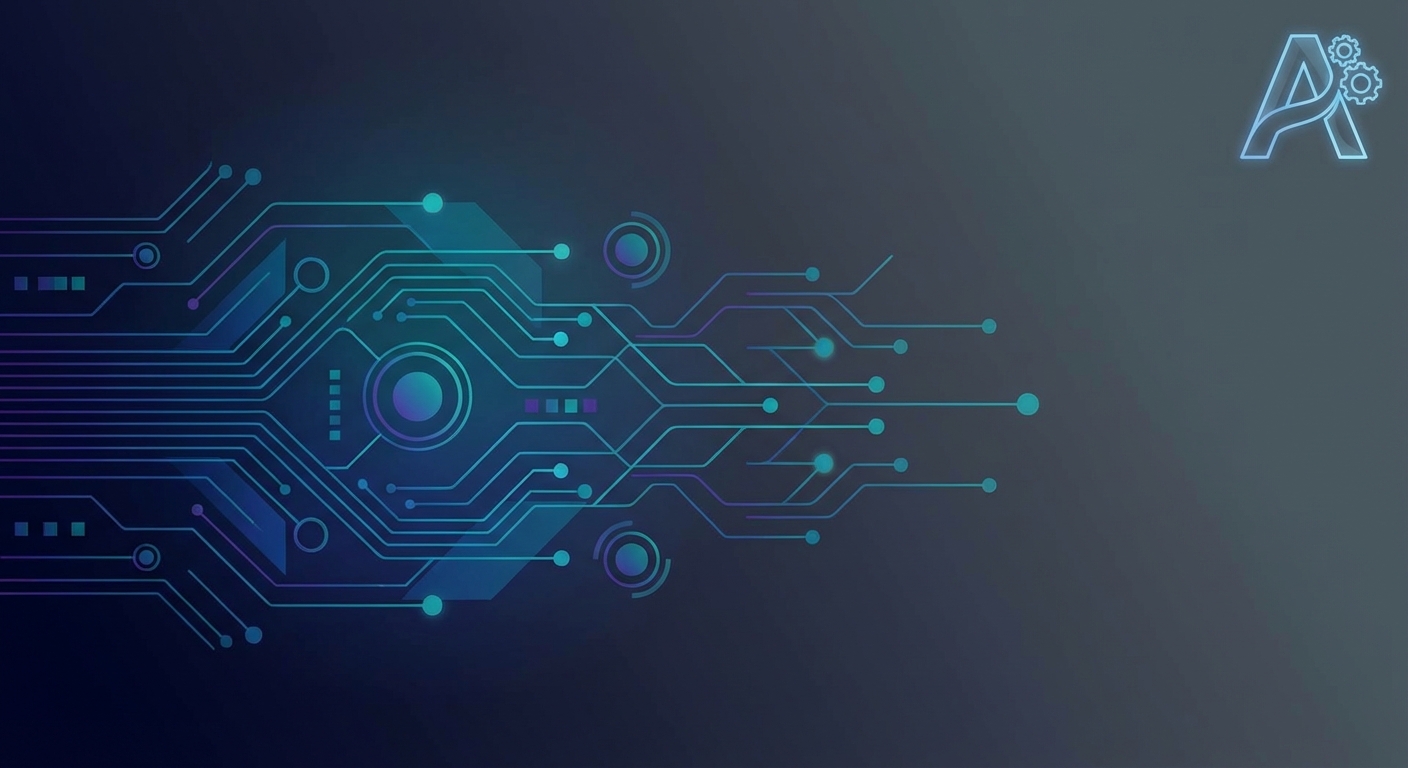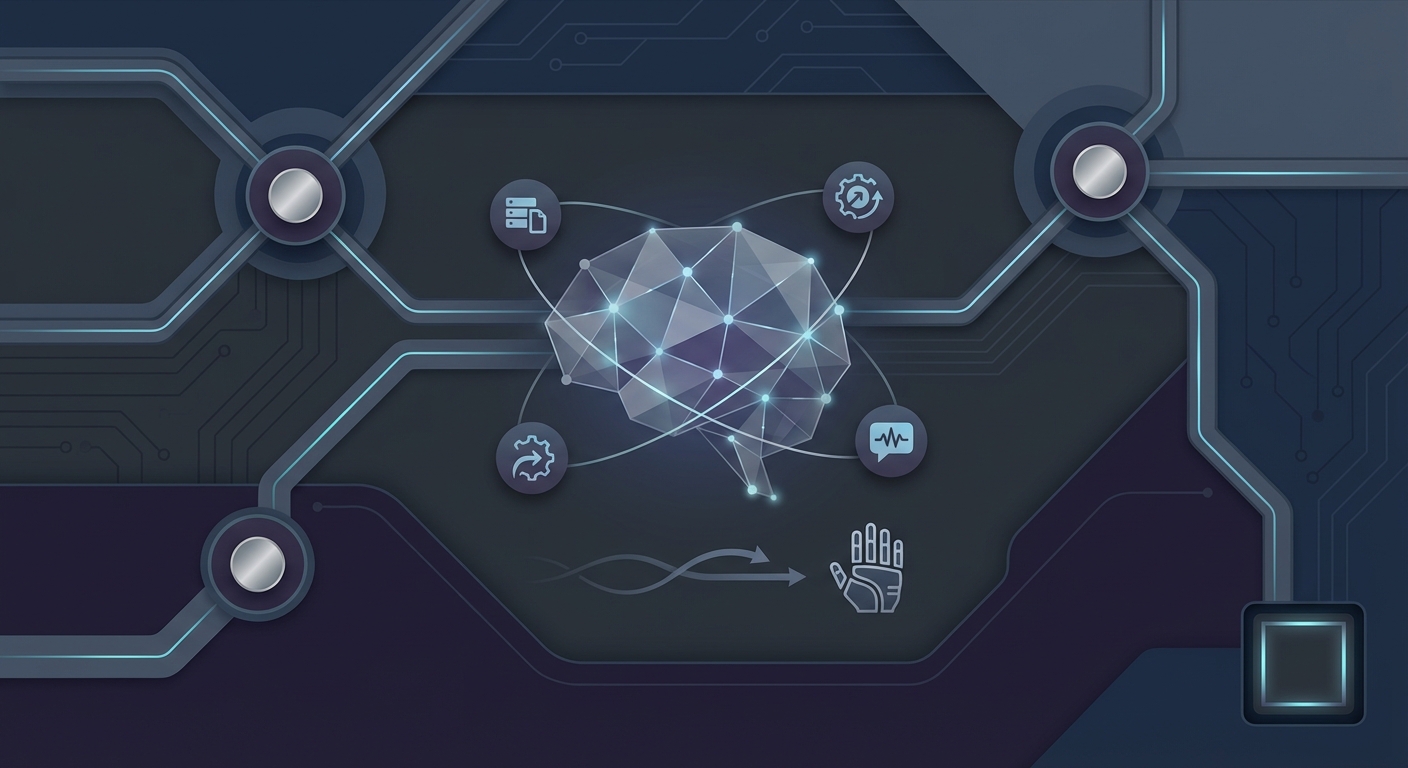Understanding AI Negotiation Agents
TL;DR
- Dive into the world of ai negotiation agents, uncovering their architecture, functionalities, and deployment strategies. Covering how these agents automate complex negotiations, improve outcomes, and integrate with existing business systems. Also exploring the security and ethical considerations vital for their responsible use in modern enterprise.
What are AI Negotiation Agents?
Alright, so AI Negotiation Agents – it sounds kinda futuristic, right? But honestly, they're already here and changing how deals are made. Think of it like this: what if you could have a super-smart, tireless negotiator on your side, all the time? That's basically what these agents are.
These AI agents, they aren't just spitting out random numbers. They're designed to actually understand the nuances of negotiation.
- They're autonomous, meaning they can negotiate for you or your company without constant hand-holding.
- They use machine learning, game theory, and natural language processing (nlp) to figure out the best strategies. Machine learning helps them learn from past interactions, game theory helps them strategize against an opponent, and nlp lets them understand and generate human-like text for communication.
- And get this – they can handle everything from simple price haggling to really complex contract stuff, like drafting multi-year service agreements with intricate performance clauses and penalty structures.
You might be thinking, "Okay, but where would you actually use something like this?" Turns out, there's tons of places. Imagine hospitals negotiating prices with suppliers to cut costs, or retailers using AI to figure out the perfect discounts to move inventory. It's not just about squeezing the other guy – it's about finding a win-win. As Defense Officials Outline AI's Strategic Role in National Security outlines AI is increasingly central to DOD efforts toward digital modernization.
The cool thing is, this is just the beginning. As AI gets even smarter, these negotiation agents are going to become even more powerful. Next up, we'll dive into exactly how they do what they do, so stick around!
The Architecture and Functionality of AI Negotiation Agents
Okay, so you wanna know how these AI Negotiation Agents actually work, huh? It's not just magic, though sometimes, it kinda feels that way. Think of it like building a really smart robot that knows how to haggle.
These AI agents are like complex machines with different parts working together:
- Data Analysis Module: This is where the ai agent sucks up all the info it can find. Think of it as doing its homework, like looking at past deals, market trends, competitor pricing, historical negotiation outcomes, customer profiles, and even economic indicators. It’s kinda like how a financial analyst pores over quarterly reports, but, you know, way faster.
- Strategy Engine: Once it's got the data, it's time to figure out a plan. It decides how aggressive to be, what to offer, and what it absolutely won't accept. This uses those fancy game theory algorithms, balancing factors like potential profit, risk, and the overall negotiation style (whether it's aiming for a win-lose or a win-win outcome).
- Communication Interface: This is how the ai agent actually talks to the other side. It uses natural language processing (nlp) to understand what's being said and to respond in a way that makes sense.
- Learning Algorithm: This is what makes the ai agent smarter over time. It learns from every negotiation, figuring out what works and what doesn't. It's like a sales team constantly refining their pitch based on customer feedback.
The ai agent follows a structured process:
- Initial Assessment: It starts by sizing up the situation. Who are they negotiating with? What do they probably want?
- Offer and Counteroffer: The ai agent throws out an offer, sees what comes back, and adjusts its strategy.
- Agreement: If it can find terms that meet its goals, awesome! It locks in the deal.
You might be thinking, "Okay, so how do I understand this?" The AI agent might be Socrates, Plato, and Aristotle. Agentic AI Explained: A Philosophical Framework for Understanding AI Agents | All things Azure Imagine an AI-powered world where assistance goes beyond tasks — where intelligent agents debate, learn and collaborate with the wisdom of history’s greatest minds. This framework helps us grasp the underlying principles of how these agents operate and make decisions.
Deploying AI Negotiation Agents in Enterprise Environments
Okay, so you're ready to unleash these ai negotiation agents into the wild of your enterprise? It's not as simple as just flipping a switch, but with the right planning, it's totally doable. Think of it as integrating a new employee – they need to fit in with the team, know the processes, and have the right tools, you know?
First things first: you gotta make sure these ai agents play nice with your existing systems.
- api integration is crucial. We're talking seamless data flow between your crm, erp, and other business systems. If data can't move freely, your ai agent is basically blindfolded, unable to access critical information like customer history, inventory levels, or financial data that informs its negotiation strategy.
- Customization is your friend. Every industry is different, so your ai agent needs to be tailored to your specific needs and organizational protocols. Think of it as getting a suit tailored – off-the-rack rarely fits perfectly. For example, an AI agent for the healthcare industry might need to be customized to understand complex billing codes and HIPAA regulations, while one for the automotive sector might focus on supply chain logistics and dealer agreements.
Now, where are you gonna park these agents?
- Cloud-based deployment offers scalability and accessibility. Need more agents during peak seasons? No problem, spin 'em up in the cloud!
- On-premise solutions give you maximum control, especially if you're dealing with super-sensitive data. Think banks or government agencies.
- Hybrid models? Best of both worlds, right? Flexibility and control, all in one package.
Honestly, the deployment strategy is kinda like choosing a place to live: it depends on your needs, budget, and how much control you wanna have.
Next up, we'll discuss security and ethical considerations.
Benefits of Using AI Negotiation Agents
Alright, so, AI Negotiation Agents helping you out? Totally a good thing. It's like having a super-organized assistant that never drops the ball. Here's the deal on why they boost your game:
Smarter Moves: Forget gut feelings. These ai agents use data to find the best deals, which means more money and better terms for you. Think about it: retail companies can use ai to analyze sales data, like inventory levels, demand forecasts, and customer purchasing patterns, to negotiate better deals with suppliers.
Faster Deals, Less Stress: ai can handle tons of negotiations at once, so get ready for quicker turnarounds and fewer headaches. Hospitals can use them to speed up contract negotiations with insurance providers by automating document review, identifying key clauses, and suggesting optimal terms.
Always On, Always Fair: ai agents provide consistent and unbiased results, no matter what. Financial institutions can use these agents to ensure fair and transparent loan negotiations by using objective criteria, avoiding human bias, and providing clear justifications for terms.
Imagine this: A supply chain company uses ai negotiation agents to automate contract renewals with its logistics providers. The agents analyze real-time market data, predict future demand, and negotiate favorable rates, resulting in significant cost savings and improved efficiency.
Next up, we'll discuss security and ethical considerations.
Security and Ethical Considerations
Okay, so security and ethics stuff. It's easy to overlook when you're building cool ai, but you absolutely can't. Think of it like building a race car – you can't just focus on speed, you gotta make sure the brakes work, you know?
- Data Security and Privacy: gotta comply with regulations like gdpr and ccpa. It's about more than just ticking boxes; it's about earning trust.
- Ethical Guidelines and Transparency: ai's gotta have a moral compass. No biased algorithms or secret decision-making processes.
- ai Governance and Compliance: Gotta have policies in place. Regular check-ups are a must too, to make sure everything's still running smoothly.
I read somewhere, can't remember exactly where, that a lot of companies are starting to bring in ethicists and philosophers to help guide their ai development. It's not just about code; it's about values.
These AI agents, they're only as good as the data they learn from, so we need to protect information.
- You gotta implement robust security protocols to prevent unauthorized access and data breaches.
- Anonymization means removing personally identifiable information so that data can't be linked back to an individual. Pseudonymization replaces direct identifiers with artificial ones, making it harder to trace data back to its source without additional information. These techniques are needed to protect sensitive info.
All this to say, security and ethics matters. Now, let’s look toward AI governance and compliance.
The Future of AI in Negotiation
Okay, so we've covered a lot about AI Negotiation Agents – from what they are to how to secure them. But what's next, right? It's not just about now; it's about where this tech is heading.
- Integration with other ai Technologies: Think about combining negotiation agents with predictive analytics. Imagine an agent that not only negotiates but also forecasts market trends or anticipates a counterparty's next move. Pretty slick, huh?
- Sophisticated Strategies: We're talking about AI that can learn and adapt during negotiations, not just before. Real-time adjustments based on sentiment analysis and advanced predictive analytics for inferring counterparty intent. It's not just about making a deal; it's about crafting the perfect deal.
- Industry-Wide Adoption: You'll see these agents popping up everywhere, from healthcare supply chains to retail pricing strategies, and even in legal settlements. It's about streamlining and optimizing every aspect of how business gets done.
The applications are endless. Imagine AI agents handling complex contract negotiations in the energy sector, optimizing deals based on real-time market conditions and geopolitical factors. Geopolitical factors, like international relations or trade policies, can significantly impact energy prices and supply stability, and AI could process news feeds, government reports, and economic data to factor these into negotiations. Or retailers using AI to personalize offers and negotiate pricing with suppliers based on individual customer preferences. For example, aggregated customer preference data might inform demand forecasts, which in turn influence how much a retailer needs to order from a supplier and at what price.
The U.S. Department of Defense views AI as a critical component of its digital modernization efforts, increasingly integrating AI-driven technologies into daily military operations
So, what’s the takeaway? ai Negotiation Agents aren't just a cool concept; they're the future and are here to stay.





